
It is estimated that 60-90% of all equine athletes are affected by gastric ulcers, and as much as half of all foals. As the intensity of the sport increases, so too does the prevalence of Equine Gastric Ulcer Syndrome (EGUS).
Why?
The equine digestive system is designed for unrestricted grazing. Horses have relatively small stomachs continuously producing high volumes of acid (research has found that an average horse can produce up to 16 gallons of acidic fluid every 24 hours). This is perfect for the free-range forager, but this lifestyle is not always possible with show horses or those in large boarding barns.
Most competition horses are fed a couple of meals each day, heavy on energy-supplying grains. In the meantime, all this naturally produced acid builds, and builds and builds, splashing all around the stomach during exercise and into places unequipped for defense, leading to erosion of the stomach lining.
On top of that, competition horses are often hauled from show ground to show ground, and while they might all look and feel the same to you after a while, for the horse each venue is an entirely new and foreign environment. And as we all know, any deviation of the daily routine for these flighty creatures of habit triggers stress, negatively altering the gut's microbiome.
It all adds up to a recipe for gastric distress and potential ulcers.
What should you do?
- Allow free-choice access to grass or hay.
- If your horse must be stalled, arrange for the horse to see the horses they socialize with.
- Consider offering a ball or other object that the horse can enjoy in his stall.
- Feed smaller meals more frequently to help buffer the acid in the stomach.
- Decrease grains that form volatile fatty acids.
- If possible, avoid NSAIDs for ulcer prone horses.
- Consult your vet for advice tailored specifically for your horse and your situation as the best solution is not the same for every horse.
Clinical Signs of EGUS (Equine Gastric Ulcer Syndrome):
- Decrease in appetite, changes in eating and drinking habits, weight loss, a negative change in attitude, recurrent mild colic, dull hair coat and unthriftiness, intermittent loose stools or diarrhea, and decreased performance.
- Foals will often grind their teeth and roll up on their backs.
- In severe cases, death can occur in foals if the ulcer erodes through the entire wall of the stomach.
- The only way to truly affirm the issue is with an endoscopic examination of the stomach by your veterinarian.
Final Thoughts:
With so many other things to worry about, gut health might not always be a high-priority issue. But it should be. Gastric ulcers can cause significant discomfort, dramatically impacting performance and potentially triggering significant health issues. Prevention is key, especially among high-risk competition horses.
Limiting stressful situations, free-choice access to grass or hay can help reduce risk by providing a constant supply of feed to neutralize the acid and stimulate saliva production, which is nature’s best antacid. Incorporating probiotics and targeted GI support into the daily diet can help promote and sustain healthy gut bacteria, balance the pH levels and and buffer the stomach against gastric acid.
Talk to your veterinarian about what supplements your horse may benefit from.
















